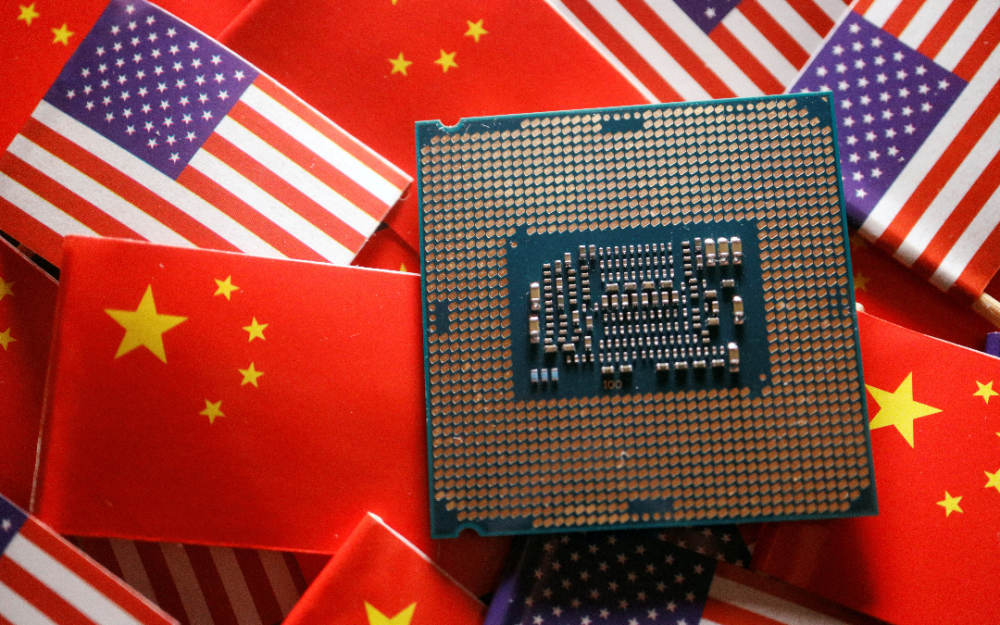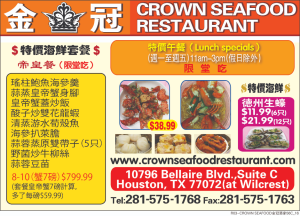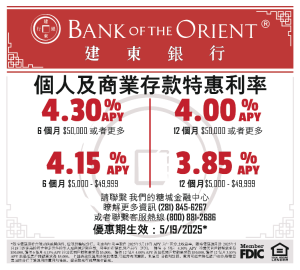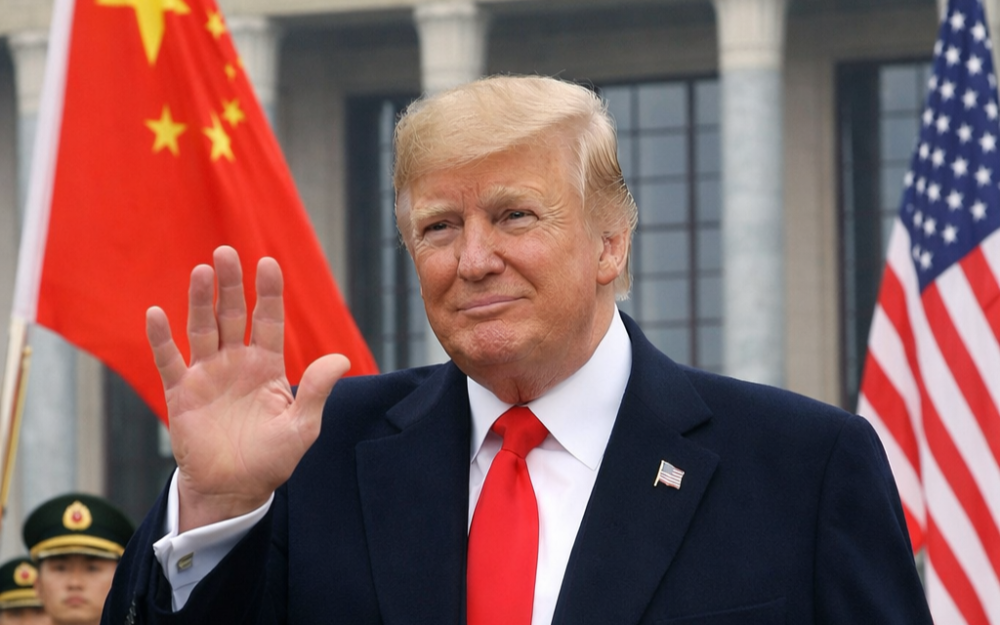川普总统访华:外交棋局中的不确定性

川普总统访华:外交棋局中的不确定性
美国总统川普重新执政后,中美关係再次站上世界舞台的风口浪尖。近期外界关注的焦点之一,便是他是否会在 2025 年内正式访问中国。虽然传闻与猜测不断,但迄今尚未有确定行程。然而,这场可能的访华之旅,已经牵动了全球的政治、经济与战略想像。
外交层面的深意
川普以「交易式外交」着称,他若选择访华,绝非单纯的礼节性外交,而是一次具谈判性质的政治秀。北京方面可能期待透过高层交流,為受制裁的经济与科技领域寻求缓冲;而美国则可能要求中国在贸易逆差、投资市场开放等议题上让步。这将是一场既充满张力又暗藏契机的外交博弈。
美国内政的算盘
访华对川普而言,也是一盘内政棋。他的支持者对中国态度复杂:既担心中国挑战美国霸权,又期待双边合作能带来具体经济利益。如果川普能从访华中带回新的协议或承诺,将有助於稳固其政治形象。此外,他还能以「唯我能与北京谈判」的姿态,对比前任政府的强硬政策,进一步增强其领导正当性。
时间与战略考量
据消息人士透露,原本可能安排在 2025 年 9 月的访问已推迟,但仍有机会於 10 月或 11 月进行。这样的时间点,与国际多边会议时序接近,既能利用国际场合做铺陈,又能与亚洲其他盟友互动,形成区域战略上的呼应。若川普选择在访华前后造访日本、南韩等国,将进一步增添谈判筹码。
前路的挑战
然而,川普访华仍充满变数。首先是台湾问题,台海局势的敏感性决定了中美对话的成败。其次是贸易与关税,川普过去高举关税大棒,未来是否会以减免為条件换取中国让步,尚待观察。再者,国际舆论也可能对川普施压,质疑他是否「对中国示好」或「牺牲盟友利益」。这些都為访问增添了不确定性。
结语:在对抗与合作之间
川普是否访华,既是一次外交动作,也是一次政治算盘。对中国而言,这是重建沟通机制的契机;对川普而言,这是展示领导力、塑造「谈判高手」形象的舞台。访华若成行,势必将在全球引发连锁效应;若延后甚至取消,也同样会成為国际舆论的热点。可以肯定的是,中美关係这盘大棋,仍将继续牵动世界的未来走向。
Trump’s Possible Visit To China: Uncertainty In The Global Chess Game
With Donald Trump back in the White House, U.S.-China relations have once again become the focus of global attention. One of the most closely watched questions is whether he will make an official visit to China in 2025. While speculation abounds, no firm plans have been confirmed. Still, the very possibility of such a trip has already stirred political, economic, and strategic calculations worldwide.
Diplomatic Implications
Known for his “transactional diplomacy,” Trump would not likely treat a China visit as a mere courtesy call. Instead, it would serve as a stage for high-stakes bargaining. Beijing may see the opportunity to ease economic and technological pressures stemming from U.S. sanctions, while Washington could demand concessions on trade deficits, currency policies, or market access. The visit, if it occurs, would be more of a negotiation than a symbolic handshake.
Domestic Political Calculations
For Trump, the decision is also shaped by U.S. domestic politics. His supporters hold ambivalent views of China—concerned about its rise as a rival superpower, yet hopeful that cooperation might bring economic benefits. If Trump could return from Beijing with new agreements or investment promises, he would score a significant political win. Moreover, he could cast himself as the only U.S. leader capable of negotiating directly with Beijing, contrasting his approach with that of his predecessors.
Timing and Strategic Considerations
Reports suggest that a possible September 2025 visit has been delayed, though October or November remain on the table. The timing is strategic: it aligns with major international gatherings like the G20 or APEC, allowing Trump to pair multilateral diplomacy with bilateral talks. If he were to combine a China trip with visits to U.S. allies such as Japan or South Korea, he could further strengthen America’s regional leverage.
Challenges on the Horizon
Nevertheless, major obstacles remain. Taiwan is the most sensitive issue, with tensions across the strait shaping the feasibility of high-level engagement. Trade and tariffs also remain unresolved, as Trump previously imposed sweeping tariffs on Chinese goods—whether he would ease them in exchange for concessions is uncertain. On top of that, international observers may criticize a China trip as either “appeasement” or “betrayal of allies,” raising the political risks of such a move.
Conclusion: Between Confrontation and Cooperation
Whether Trump visits China is not just a question of diplomacy—it is also a political calculation. For Beijing, the visit would offer a chance to rebuild communication channels; for Trump, it would provide a platform to showcase his leadership and deal-making prowess. If the visit takes place, it could trigger significant shifts in global affairs; if postponed or canceled, it will still remain a focal point of international debate. One thing is certain: the U.S.-China relationship will continue to shape the future of the world order.






























